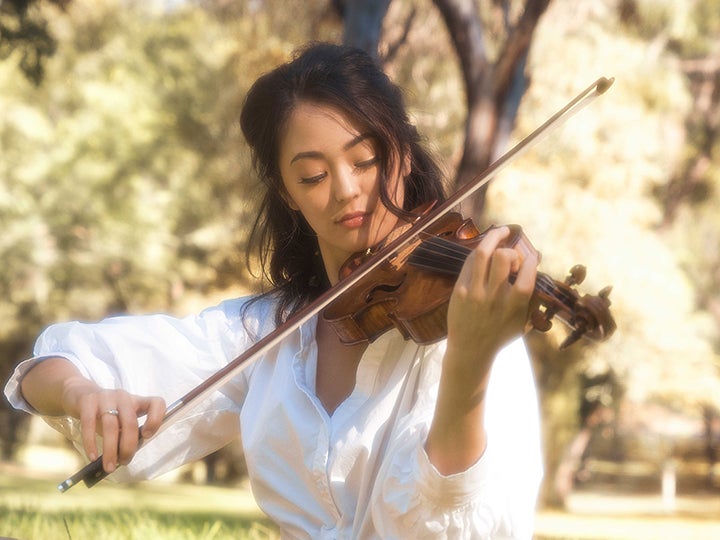Bruckner’s Sixth—Romanticism, Both Early and Late
Tchaikovsky’s Sixth Symphony greets us with somber darkness, while Beethoven’s Sixth invites us to frolic innocently. Bruckner’s Sixth, on the other hand, lacks such a definitive direction, at least from the start. Although in a major key, there is a foreboding presence that dominates the music throughout.
Have a listen to the menacing first minute of music:
For a while, the light and stable string rhythm is the only stability among the roaming melodic lines. When the tension finally breaks, there is a magnificent series of what are called suspensions in the high registers of the strings and winds—listen to how Bruckner makes the music glisten:
For such an expansive symphony, it is quite impressive how well Bruckner maintains an apparent classical form. Following traditional practice, he elects the second movement as the slow movement. However, to contrast the heavy first movement, one would expect something lighter, more uplifting. But Bruckner continues his ominous world into the second movement. The theme in the opening minute is literally a simple descending scale.
A Closer Listen: Listen carefully to the weeping oboe that comes in at 18:00. This forlorn solo sounds like it is going against the current of the strings, when in fact it, too, is only playing a descending scale with different rhythm.
As the movement develops, the darkness dissolves and a warmth takes over. It flourishes, like the sun breaking through the clouds.
Listen until the passage dies down:
To close, drink in the absolutely electrifying ending of the symphony, when all the stormy themes are transformed into triumph and elation.
The reach of Bruckner’s orchestral breadth in this symphony is astounding, especially within a symphonic layout that is older than the Mozart symphonies. Bruckner stretched the frames of this genre as much as he possibly could. He is the quiet giant between the more familiar names of Brahms and Mahler; Bruckner’s symphonic works act as a bridge between them. Whenever you hear a Bruckner symphony, think of it as a discovery—a missing piece that explains a gap in the puzzle of this larger-than-life genre.
Don’t miss Bruckner’s Sixth Symphony with the NJSO, February 27–March 1.
Post by Michael Rosin
Mendelssohn’s Violin Concerto
2019–20 Season
CHRISTOPH KÖNIG conductor
SIMONE PORTER violin
-
MOZART Overture to The Magic Flute
Hear the majesty and magic of Mozart’s final opera—a fantastical tale of mystery, adventure and love—distilled into this glowing overture.
-
MENDELSSOHN Violin Concerto
This is the diamond in the crown of violin concertos, with sparkling melodies and quicksilver beauty in every bar. Simone Porter, only in her early 20s, has been hailed by the Los Angeles Times for playing that is “lovingly lyrical, occasionally frisky. She is clearly on the cusp of a major career.”
-
BRUCKNER Symphony No. 6
Bruckner was a church organist by day, but when he took up his composing pen at night, he opened a whole new world of orchestral splendor. His Sixth Symphony begins with violins playing so softly you may miss them; then, a mysterious horn call sounds, and suddenly the whole orchestra sweeps you away.
